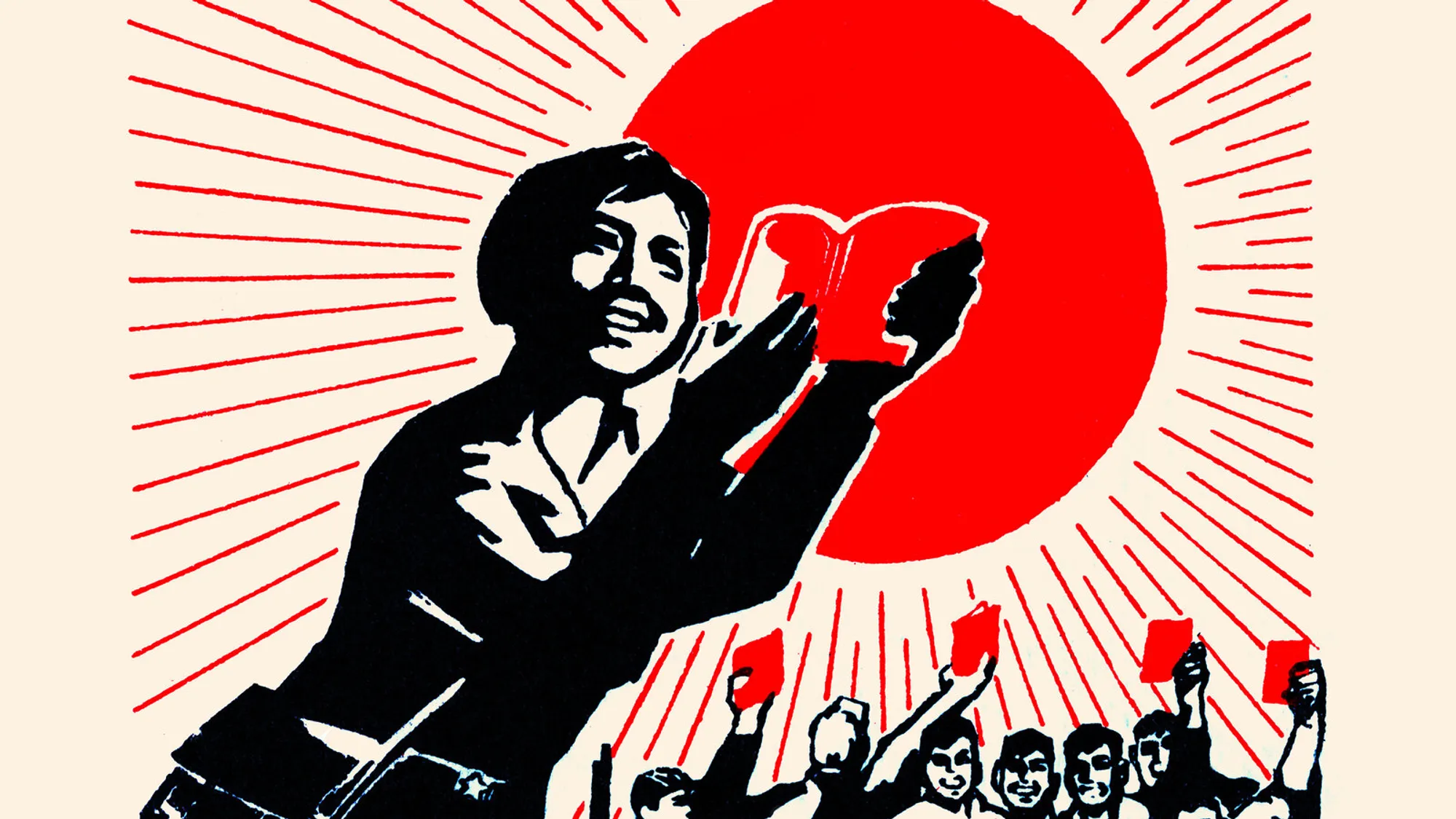On Sorting Books

Moving is never a pleasant experience, which is especially true amidst a pandemic and 100°-plus heat waves in Los Angeles. But it is the occasion for an undertaking which is simultaneously both thrilling and exasperating: sorting and re-shelving books.
This pastime has overtaken me in the last week or so as we have packed up around eight shelves of books (not a crazy amount, but not nothing!) and moved them one whole block away (at least it was close!) to a bigger and better maintained apartment (because housing as a commodity is super cool and rational!).
Leaving aside the issue of why we accumulate so much meaningless stuff under capitalism—and a private library, while something I hold very dear, is ultimately a consumerist vanity item—and why we subject ourselves to carting around thousands of objects to different variations of the same square box every three to four years—leaving all that aside, there remains the extremely important issue of sorting books in a new space. Now, any philistine could simply take those boxes of books and throw them up on a shelf in any sort of haphazard fashion, but because I am a lover not only of the content but of the form of books, the problem of shelving is one which causes me sleepless nights.
There are several contextual factors which serve to limit and define the problem: the amount of available shelving, the configuration of the floorplan, the shapes and sizes of the books themselves, the existential energy levels at one’s disposal for the undertaking. But, in true Hegelian fashion, in the recognition of these necessities is the beginning of freedom.
Shelving books is, in fact, a dialectical art. Against the rigid, metaphysical hierarchies of the Dewey Decimal System, the dialectical approach begins not with stale Platonic categories (“Philosophy,” “Art,” “Religion”) but with the understanding of the varied internal relations among books. The books one owns form a giant conversation with one another and with their owner, and the way one shelves them can either reveal or conceal their syntheses. (And there is no single correct solution, of course; different configurations reveal different aspects of truth.) Granted, there must be a beginning taking on some sort of topical form—which for me usually means my books on early Christianity and on Marx—but this beginning is only one point among many in a web of constant flux and interaction which forms the whole.
Starting with Marx’s Capital, for example, one might choose as natural shelf partners Terry Eagleton’s Why Marx Was Right and David Harvey’s Companion to Capital. Things get more interesting with the inclusion of a compilation of Leaflets of the Russian Revolution and Vijay Prashad’s Red Star Over the Third World, a combo which serves to connect Marx’s theory and praxis to the events of the Russian Revolution and from there to the internationalist, anti-imperialist, socialist revolutions throughout twentieth-century Asia, Africa, and South America.
Developing this theme even further: Robin D.G. Kelley’s Freedom Dreams taps into the liberatory hope which international socialism offered to the tradition of Black radicalism, while complicating the ultimate authority of Western-birthed movements for movements of the African diaspora. Finally, José Porfirio Miranda’s Marx Against the Marxists seeks to recover an essentially humanist Marx amenable to the project of liberation theology. Thus, in one shelf, we have progressed from Marx himself to the heights of twentieth-century Communism and back to Marx against Marx, a resonant dialectical journey.
Another favorite example from this current move is a tableaux of the unfolding of Christian philosophical thought across millennia, beginning with my few volumes of the magisterial Ante-Nicene Fathers and Nicene and Post-Nicene Fathers—which include some gems by Tertullian, Origen, Eusebius, and Gregory Nazianzen. Sitting next to them is the absolute brick of the Oxford Dictionary of the Christian Church, then Samuel Enoch Stumpf’s accessible history of philosophy entitled From Socrates to Sartre—both of which situate Christian thought historically.
Anchoring the middle of the shelf are three hefty volumes of Christianity’s greatest philosopher, St. Thomas Aquinas, followed by F.C. Copleston’s keen exposition of Thomas’s philosophical project. Naturally, the next spot is home to the three volumes of Copleston’s own History of Philosophy, which narrate the philosophical shifts from the medieval to the modern era. And finally, a primer on the crucial texts of phenomenology, which indirectly suggests the Catholic influence on the continental tradition. A shelf not without its limitations and concealings, but dialectically charged nonetheless.